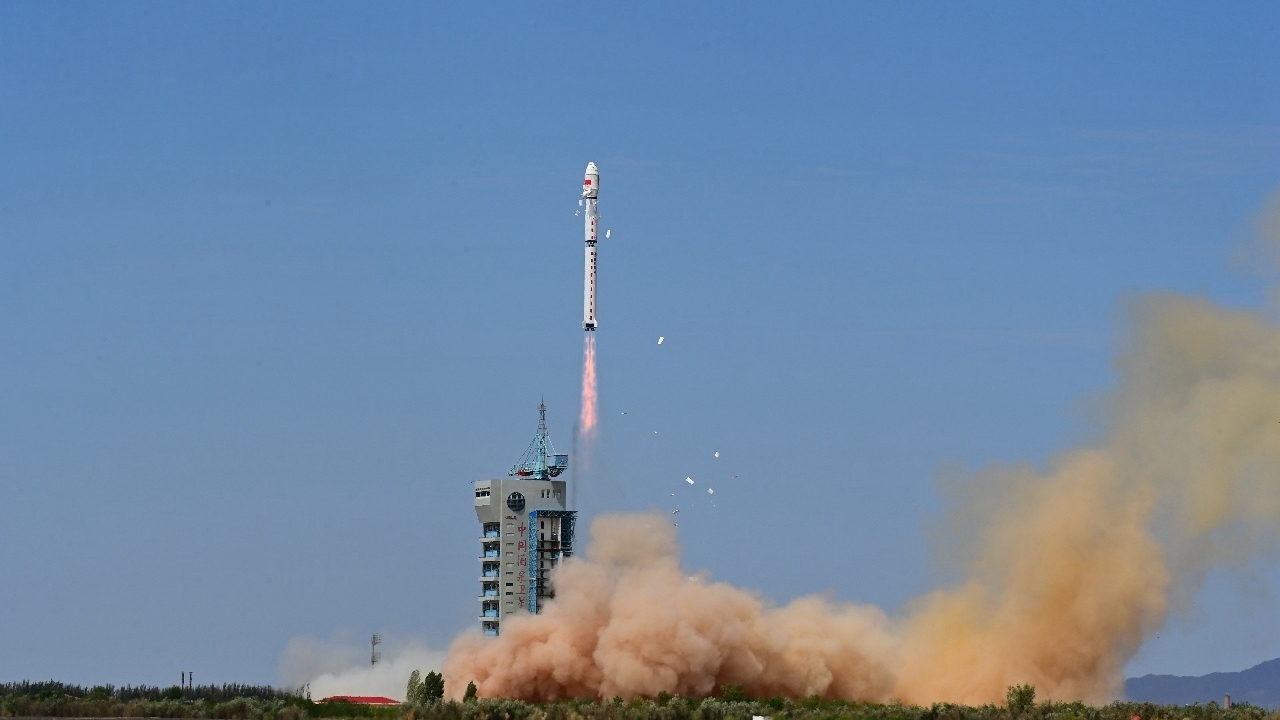
10 Aug China Launches Ambitious Satellite Constellation to Rival SpaceX’s Starlink
In a significant milestone for China’s space program, the country has launched the first batch of satellites for its Qianfan constellation, a rival to SpaceX’s Starlink network. The inaugural launch on Tuesday saw 18 satellites blast into low Earth orbit (LEO), marking the beginning of an ambitious project to provide global broadband internet coverage.
Dubbed China‘s answer to Starlink, Qianfan aims to establish a constellation of 14,000 satellites, offering high-speed internet services to underserved communities worldwide. This move underscores China’s determination to become a dominant player in the global space industry, with plans to launch nearly 40,000 satellites into LEO in the coming years.

The Qianfan constellation, also known as G60 Starlink, is one of three mega constellations planned by Chinese firms. With its sights set on providing coverage for most human population centers, the project aims to reach 600 satellites by 2025 and expand to over 14,000 by 2030.
This development comes as China accelerates its commercial space sector, seeking to cement its position as a leading power in outer space. The country has already made significant strides in its national space program, with plans to put astronauts on the moon by 2030 and launch military-linked satellites for navigation, communication, and surveillance.
Control over LEO broadband satellite constellations could yield significant benefits for China, including the ability to offer services globally, bolster diplomatic influence, and enhance national security. The Qianfan project will also test China’s capability to produce and launch satellites at scale and on a tight timeline.
As the space race heats up, China’s Qianfan constellation is poised to become a key player in the global satellite internet market, rivaling SpaceX’s Starlink and other international competitors. With its sights set on providing coverage for the world’s population centers, Qianfan is set to make a significant impact on the future of global connectivity.




No Comments